Religious Studies
Our RS curriculum is based on the Barking and Dagenham Syllabus, although the curriculum is tailored to meet the needs of our pupils at Eastbrook Primary School. Our curriculum is designed to enable pupils to be active members of society, develop their subject knowledge and apply skills to other areas of their learning.
End Points
Eastbrook students who undertake Religious Studies graduate with a greater sense of understanding and appreciation of the differences and similarities of world religious and the varied impacts religious teachings have had on the development of societies and contemporary ethical themes.
Students develop questioning skills which are applied towards belief, values, meaning, purpose and truth, enabling them to develop their own attitudes towards religious issues.
Students also gain an appreciation of how religion, philosophy and ethics form the basis of our culture. They develop analytical and critical thinking skills, the ability to work with abstract ideas, develop leadership and research skills.
Religious Studies students are effective at addressing moral and intellectual virtues enabling our students to explore the practical wisdom through inter-faith understanding and allow students to explore the philosophical debates about living as a good and just person.
Students will become interdependent learners through persuasive writings, public speaking and debates, researching and presentational skills.
Religious Studies enables students to continue to confidently study religions in the academic fields of sociology, anthropology and cultural studies within the faculties of humanities at some of the world’s best universities.
Way Points
By the end of Early Years
RE is taught in Reception as an integral part of the topic work covered by Success for All (SfA). We relate the RE aspects of the children’s work to the objectives set out in the Early Years curriculum which underpin the planning for children aged three to five. RE makes a significant contribution to the ELG objectives of People and communities and understand the world around them. Pupils are encouraged to discuss and share their religious beliefs and find out about the beliefs of others.
By the end of Key Stage 1
During Key Stage 1, pupils will take part in regular RE lessons, whole school worship, visit religious buildings and celebrate major festivals. Pupils will celebrate and recall some of the traditions and events of Diwali, Christmas and Hannukah. They will discuss what books are special to them, listen and retell a Christian, Muslim and Hindu story. They will be able to recall some events of the life of Jesus. Pupils will have the opportunity to explore religion inside and outside the classroom, having the opportunity to visit a church and a mosque, then be able to compare the two buildings. They will be able to accept that some questions are puzzling and difficult to answer.
By the end of Key Stage 2
During Key Stage 2, pupils will take part in regular RE lessons, whole school worship, visit religious buildings and celebrate major festivals. Pupils will be able to explain what worship is, using religious terms and also how and why faith is so important to religious believers. They will be able to explain why religions have holy books and how people in different religions use them. They will be able to explain why people go on pilgrimages and explore the concept of God, questioning any existence. Pupils will research and present information on famous religious figures, such as the Dalai Lama, Ghandi etc. They will analyse stories from the New Testament, looking at past beliefs and ways of life. Pupils will have opportunities to work both inside and outside the classroom, with visits to religious buildings and by listening to guest speakers.

